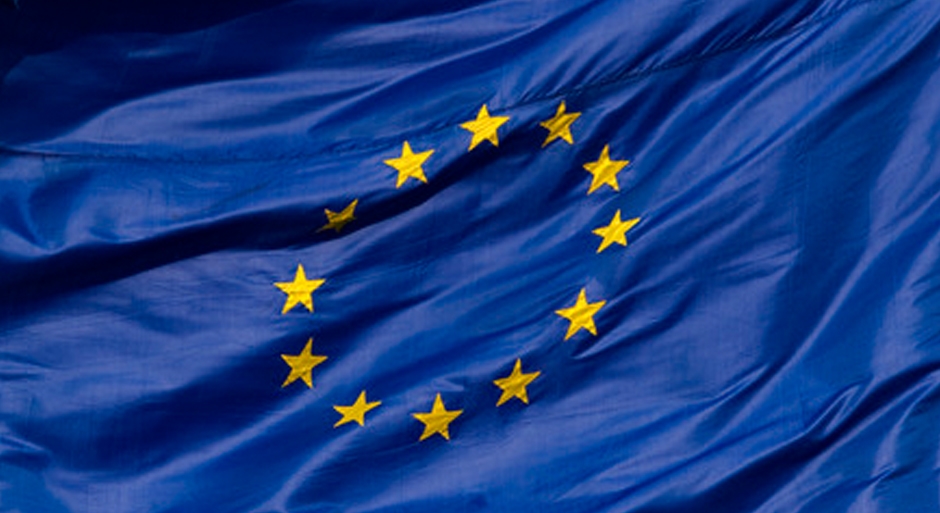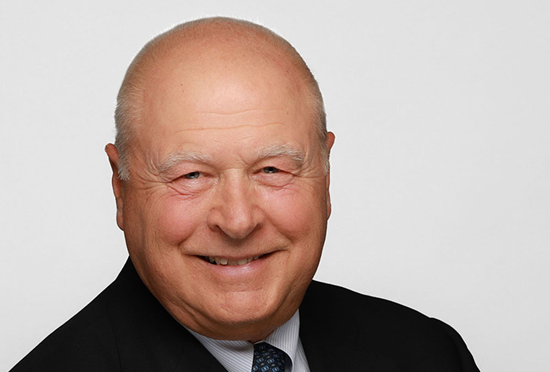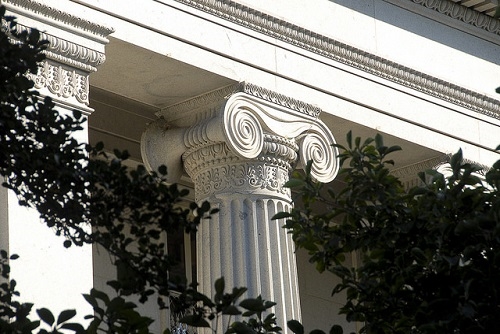EU, US regulators settle derivatives clearing row

Financial watchdogs on both sides of the Atlantic have agreed to recognise each other’s derivatives clearing rules, ending a long-running regulatory dispute.
European officials and the US Commodity Futures Trading Commission (CFTC) struck a deal on Wednesday, essentially allowing European clearing houses to do business in the US more easily.
The pact, signed by EU finance official Jonathan Hill and CFTC chief Tim Massad, also ensures US CCPs can continue to provide services to EU companies.
The use of central clearinghouses, or CCPs, has risen dramatically since 2008 financial crisis. Their purpose is to sit between two sides of a financial trade and guarantee deals if one side defaults before they are completed.
Previously EU and US regulators had been unable to accept each other's rules, meaning that international banks, which handle most of the derivative transactions around the globe, would have been financially worse off due to overlapping requirements.
Massad said the agreement was “critical to ensuring that global derivatives markets remain robust”.
CFTC commissioner, J Christopher Giancarlo added that the previous stalemate had been “totally contrary” to the cooperative spirit of the 2009 G-20 Pittsburgh Accords.
“The stalemate was triggered by the previous CFTC administration acting unilaterally to impose US trading requirements on participants in overseas markets and on non US participants in American markets," he said.
“Those requirements had little to do with insulating US markets from systemic risk and more to do with increasing the regulatory jurisdiction of the CFTC. European regulators rightly viewed these requirements as a massive regulatory overreach.”
The steps needed to implement the agreement will be put into place as soon as possible, both sides said today.
Found this useful?
Take a complimentary trial of the FOW Marketing Intelligence Platform – the comprehensive source of news and analysis across the buy- and sell- side.
Gain access to:
- A single source of in-depth news, insight and analysis across Asset Management, Securities Finance, Custody, Fund Services and Derivatives
- Our interactive database, optimized to enable you to summarise data and build graphs outlining market activity
- Exclusive whitepapers, supplements and industry analysis curated and published by Futures & Options World
- Breaking news, daily and weekly alerts on the markets most relevant to you




